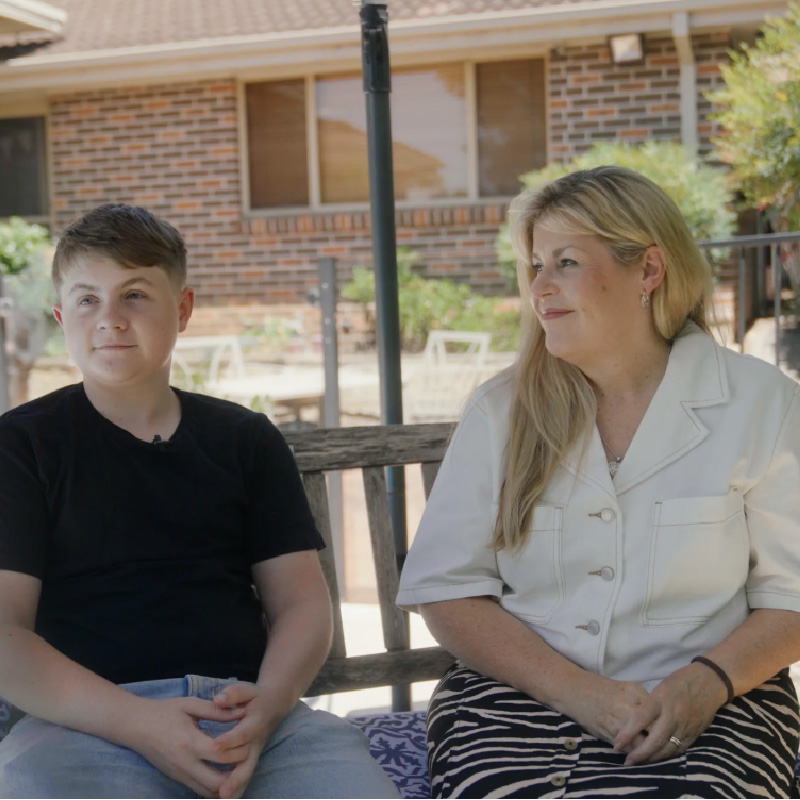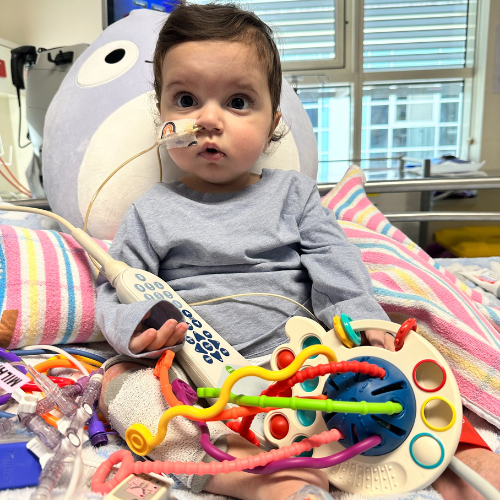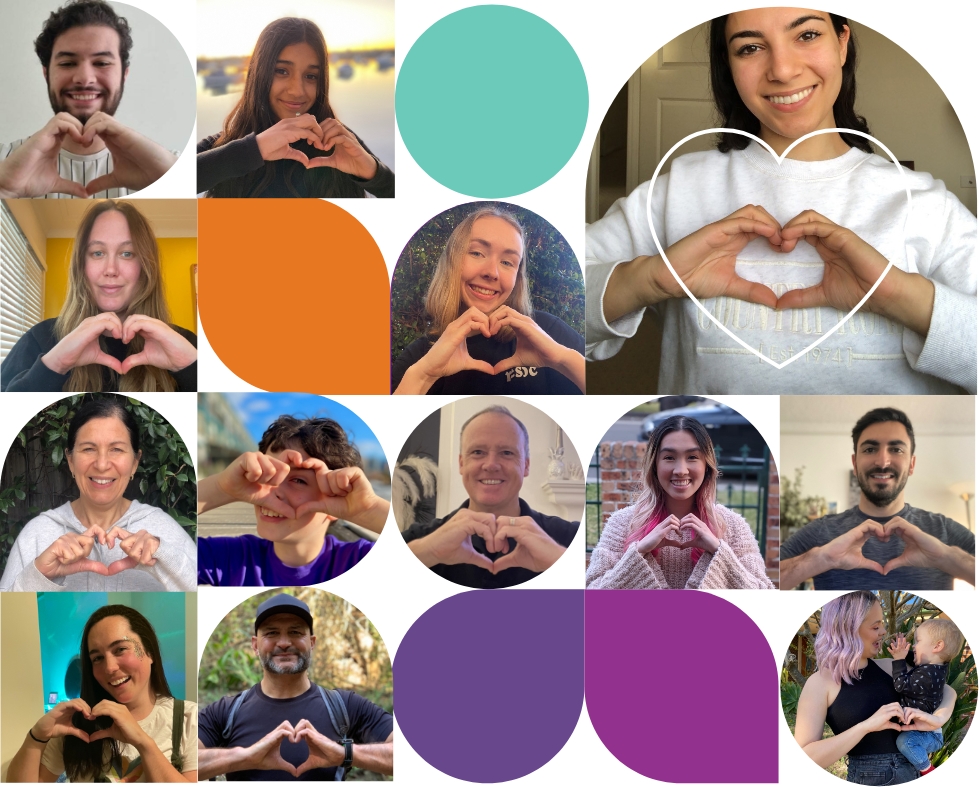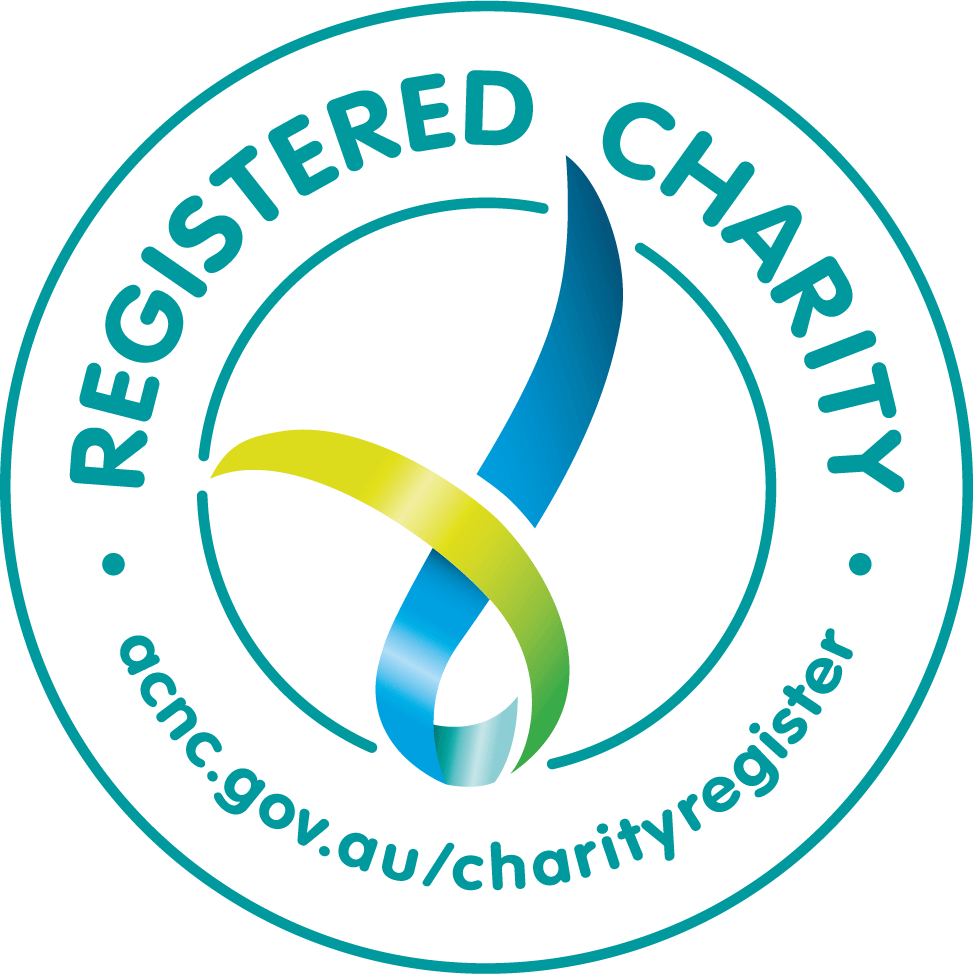A childhood cancer diagnosis is devastating. And for some families whose child’s condition doesn’t respond to treatment, they face the unimaginable reality that their child may lose their fight with this disease. Now, thanks to research funded by donors to Sydney Children’s Hospitals Foundation (SCHF), more children with hard-to-treat cancer may have hope after other treatment options have failed.
In many ways, Josh is a typical 16 year old. He likes skateboarding and video games and has a part-time job at Maccas. Unlike most 16 year olds, however, just a handful of years ago Josh was diagnosed with a particularly hard-to-treat form of leukaemia, and after exhausting available treatment options, his parents were preparing for the unthinkable: for him to enter palliative care. But thanks to a new and revolutionary treatment which weaponised his own immune system to treat his cancer, Josh is now in remission and his future is bright. Today, there is hope that this life-changing treatment can be extended to help more children.
Josh’s cancer journey started when he complained of a painful bruise. “We took him to the GP because I thought maybe he had fractured his arm,” says Josh’s mum Kerryn. Soon after, Josh told his mum he was so tired he wished he could sleep during the school day.
Now increasingly concerned, Kerryn took Josh back to the GP, who ordered blood tests. When the results came back, Kerryn was told the results were abnormal and Josh was referred immediately to The Children’s Hospital at Westmead.
“One of the doctors came to see me, and it was a doctor who had the word Paediatric Oncologist on her badge. And I thought, oh my gosh, you're the last person I ever wanted to see. The doctor said to us, ‘we're quite sure that he has leukaemia’. I'm a nurse. I didn't know a lot about cancer because that wasn't the area of nursing that I did. So, for me to be confronted with that was just such a surprise. We were in shock for quite a while. But when you get diagnosed with childhood cancer, you don't really have a choice.”
Josh was diagnosed with Acute Lymphoblastic Leukaemia, which is the most commonly diagnosed form of childhood cancer, but, for Josh, what followed was not the most common treatment trajectory.

Dr Madeleine Powys, Paediatric Oncologist at The Children’s Hospital at Westmead explains: “Most children with his type of leukaemia are cured with chemotherapy alone, but very early on in Joshua's journey, it became apparent that his leukaemia wasn't responding as well as we'd like to the treatment.”
To give him the best chance of cure, we needed to offer him a bone marrow transplant, where we give very strong chemotherapy and replace the bone marrow, which is the source of the leukaemia, with somebody else's healthy bone marrow. He underwent that procedure within the first year of his treatment.”
A bone marrow transplant takes a huge toll on children. “The chemotherapy means children get really sore mouths and tummies and they don't want to eat or drink, and they need very strong painkillers through their central line. They also need feeding tubes to help keep them well during the transplant. Their blood counts become very low and so they become at an extreme risk of infection.”
After enduring such a difficult experience, unfortunately for Josh, the transplant was not successful in treating his cancer.
“He didn't really respond as quickly as they say you usually do, and quite soon, maybe a month or so after that he had relapsed. He still had leukaemia,” says Kerryn.

For many patients with leukaemia a bone marrow transplant used to be the final treatment option after other treatments had failed, but thanks to groundbreaking research, doctors were able to suggest a new type of treatment – CAR T-cell therapy harnesses a patient’s own immune system and redirects it against cancer cells.
As part of CAR T-cell therapy, a patient’s T-cells are ‘harvested’ before they are then treated and reintroduced into the patient to fight their cancer. While this treatment is revolutionary, for Josh, nothing about his treatment journey was predictable, and the first harvest of his cells failed. Josh then became extremely unwell.
“That's when we were really at the end, and that's when the doctor mentioned Josh having some palliative care involvement. We had palliative nurses who came to visit us quite regularly. That was a really hard time, a really dark time,” says Kerryn.
Soon after, Josh underwent a second harvest of his T-cells, which was thankfully successful, and finally, after so many failed treatment options, his cancer began responding to treatment.
Thirty days later, the results of a bone marrow and lumbar puncture told Josh’s family what they had already suspected: the CAR T-cell therapy had worked; Josh’s cancer was in remission. For the first time in a long time, Josh and his family could start to think about the future.
A few years later, while Josh lives with the long-term effects of the intense treatments for his cancer, his future is bright.
“You just can't imagine what it's like to have a child diagnosed with cancer, says Kerryn. “For us to have had CAR T-cell as an option has just been life changing. It's such a blessing and it just gives you hope that this treatment is out there. It's all about hope.”
Now, thanks to further research into this kind of therapy, hope could be extended to patients with hard-to-treat solid tumours. SCHF’s Sydney Sick Kids Appeal is supporting the research into this new therapy to help kids with other forms of cancer.
“To make it clear how important this research is,” says Dr Powys, “I sat in numerous discussions with Josh and his family, where we were talking about end-of-life palliative care options, and now to see him out living his life, going to school, and having a job. It is incredibly rewarding, and we're incredibly grateful that we've been able to provide him that opportunity.”

You can change the future for kids like Josh by supporting Sydney Sick Kids Appeal. Your support will help SCHF fund research and trials that could help treat other kids with hard-to-treat cancer.












